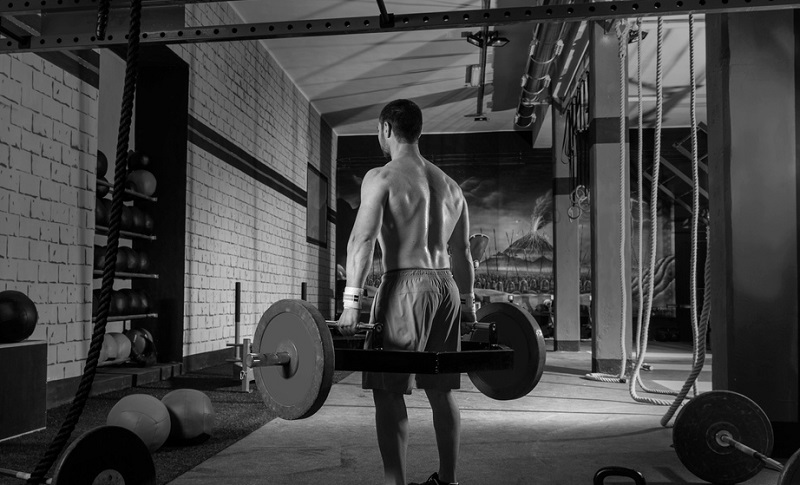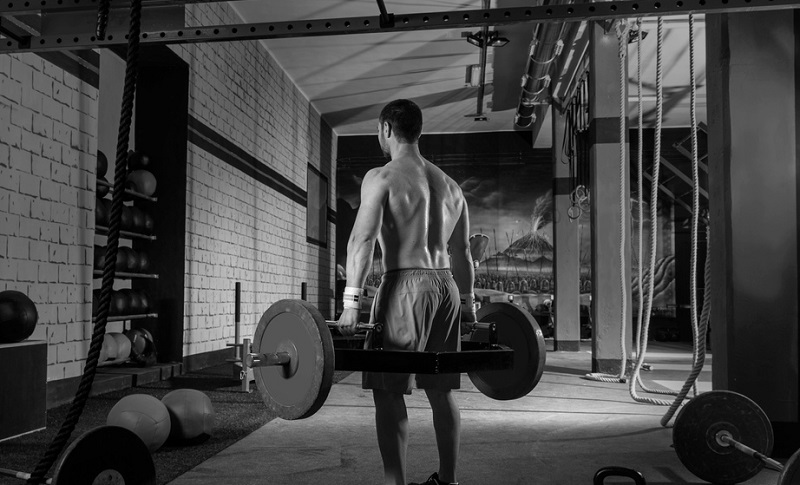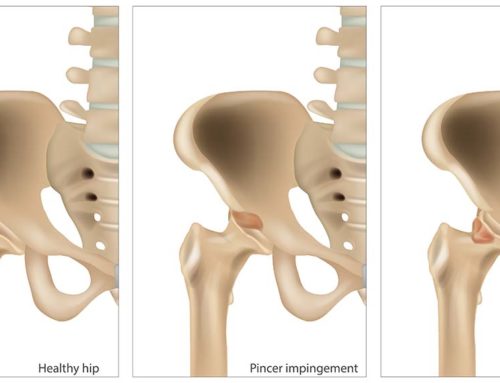Lifting Heavy Weights vs. Lifting Light Weights
Many people believe that in order to gain muscle we must lift heavy weights. Some interesting research out of McMaster University has questioned this idea. Although lifting heavy weights can lead to muscular gains, so can lifting lighter weight for more repetitions. What the research found is that the primary variable is lifting to failure. So why would anyone lift really heavy weights that are closer to our one repetition maximum? Perhaps this would depend on an individual’s goals. To illustrate the point, consider two hypothetical people…
One Repetition Maximum and Lifting Heavy Weights
Keith is a 20-year-old athlete who competes in Judo. His sport requires that he have explosive power and be able to lift an opponent. His individual priorities are to gain explosive strength and power as well as muscular size. He has never had an injury and is in normal health. For Keith, lifting his one rep maximum might make sense. He would likely benefit from a training program that mimics the demands of his sport, so lifting heavier weight for fewer reps makes sense for him.
Lifting Weights with Bad Knees
Greg is a 58-year-old male who tries to live an active lifestyle. He plays some “beer league” hockey but other than that does not compete in sports. His goal is to gain muscular size (if possible) but that goal is secondary to staying pain-free and injury free for as long as possible. As Greg puts it, he has a “sore shoulder and sore knee when he lifts weights but it’s not a big deal”. He has a history of mild degeneration in the rotator cuff tendons as well as osteoarthritis in the knees.
Weight Lifting with Injuries
Should Greg be lifting really heavy weights or should he keep the weight lighter and focus on more repetitions until failure?
Many experts will have different opinions on this topic. Health practitioners, trainers, doctors and medical specialists all have their education and their clinical experience to steer their opinions. The patient’s goals and opinions are probably the most important factor in making this decision. However, many people are lifting heavy weights because they are under the impression that you have to do this to gain muscle. Apparently, the science doesn’t agree. Just because something has always been done a certain way doesn’t make it right.
Perhaps for some people, it would be wise to re-evaluate their goals and take their overall health into consideration, including degenerative conditions that many view as a normal consequence of aging. For Greg, it might be time to re-think the one-rep max lifts that seem to make him sore. Perhaps this type of lifting is increasing his risk for a more lasting and significant injury that could jeopardize his ability to exercise and play hockey in the long term. Perhaps this new research will open some eyes to train within a comfortable movement range, without significant pain and with a lighter weight for more reps. As mentioned above, this will really depend on that individual person and their priorities.
For myself, I will continue to lift weights, but now I might not underestimate the benefit of doing pull-ups and push-ups to failure…and I can exercise outside just about anywhere.
Curious about exercises that are appropriate for your health and condition? Give Burlington Sports Therapy a call, we can help! We assist both athletes and anyone with physical health concerns in Oakville, Burlington, Hamilton and the surrounding areas.









